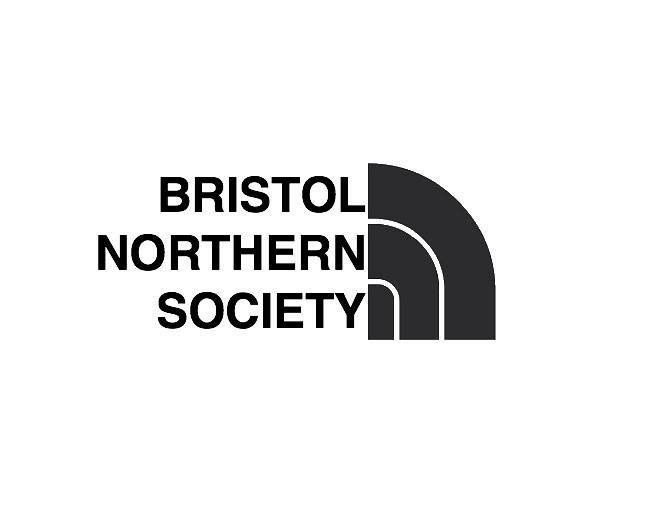Epigram is an independent and neutral newspaper, aiming to publish opinions from across the student body. To respond with an opposing opinion, please contact commentteam.epigram@gmail.com or join our Facebook writers' group.
By Alex Rhodes, President of Bristol Northern Society
Bristol is a haven for southerners, but we need our Northern Society to support our cultural identity.
The ‘which is better North or South?’ debate has always been a heated one, causing many arguments in Bristolian pubs - a relative haven for both sides. A strong regional pride motivating a sense of being is synonymous with any Northerner, and between these regions in the North of England there is mutual respect, huddling under a common umbrella of care and comfort.
In order to identify the importance of the Northern regional differences, it is imperative to talk about the South, starting with London.
London itself is an amalgamation of cultures from all over the world. It truly is a melting pot with the capacity to dilute any traditions of the London native as a result of its acceptance and warmth to lands afar.
Unlike the South, the traditions and dialect of the North have for the most part been preserved
As a result of being so close to such an intense cultural hub and growing national and global interconnectivity, in the Home Counties, very little seems to change in relation to cultural identity as you cross the borders from county to county.
Take Kent for example. Most people from Kent have lost their accent and dialect in the 20th Century due to the improvement of infrastructure, allowing people to move to and from the big city with ease.
The North tells a different story.
Because of its isolation, the North has managed to retain its regional identities. There is no singular, cultural hub emulating London, meaning that individual cultures are accepted but still synonymous with the Northern areas they derive from.
Industry is still key to Northern identity. Built upon the Industrial Revolution, the traditional working-class background which encapsulated the vast majority of the population has precipitated a sense of commununity, developed in the form of trade unions. This profound sense of community has permeated into the towns surrounding these big cities and can be seen to this day.
Delving even further into history, people in the smaller towns and cities had no real reason to leave the North for work. This led to dialects, accents and traditions developing, unique to each region.
For example, the Liverpudlian accent starkly contrasts the Mancunian accent, despite being only 34 miles apart. Unlike the South, the traditions and dialect of the North have for the most part been preserved, save for the strong Viking dialect that was prominent amongst rural communities in Yorkshire.
Evidently, it is important to retain the sense of community that was cultivated by the Industrial Revolution, and the subsequent isolation and relative self-sufficiency of Northern towns and cities. This sense of kinship has produced the identity of the Northerner. Being 'gritty, friendly and welcoming’ are identifiably traits. Traits which no Southerner can seek to claim cultural heritage of.
Furthermore, the regional dialects, accents and traditions preserved for hundreds of years foster a undeniable sense of belonging to a certain geographical location, which other Northerners can rally behind. In Bristol, this rallying identity reminds Northerners of their cultural integrity, and in this they can seek solace knowing that they are amongst one of their own.
Featured image: Facebook/Bristol Northern SocietyWhat do you think about Bristol's regional societies? Let Epigram know!
Twitter // Epigram Comment // Facebook








